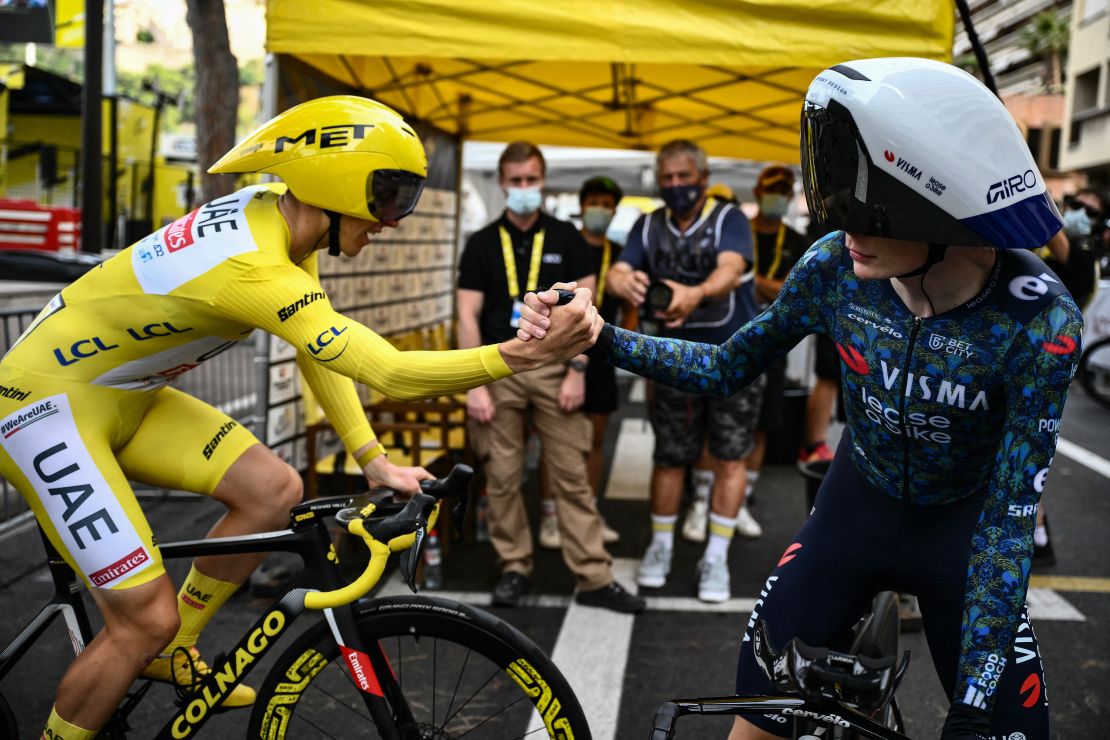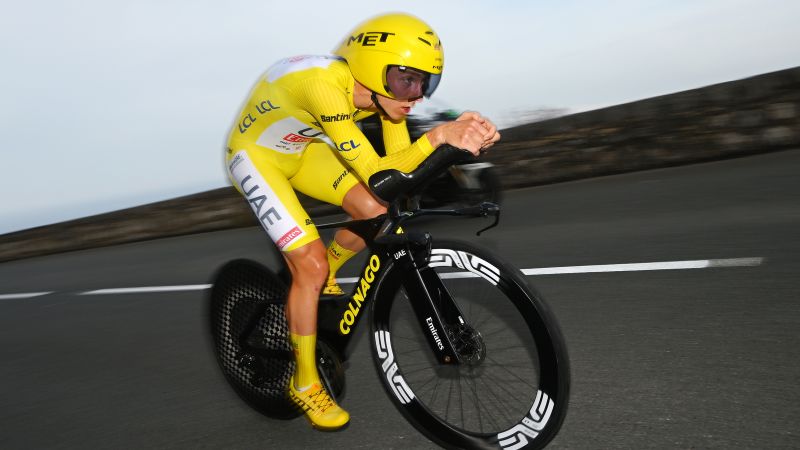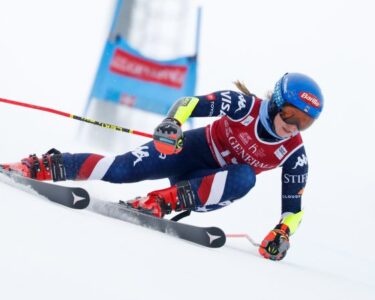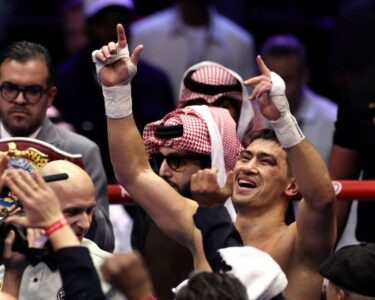CNN
—
A certain nonchalance has marked Tadej Pogačar’s ruthless overall victory at this year’s Tour de France, a race he has dominated from start to finish, accomplishing feats not achieved for more than a quarter of century.
The 26-year-old became the first rider since Marco Pantani in 1998 to achieve the “double,” winning both the Tour de France and Giro d’Italia in the same year, an almost impossible feat in modern cycling that seemed easy for Pogačar who still had the energy to muster a bow over the finish line when he took his fourth stage victory of the race on Friday or joke in post-race interviews.
His fifth and sixth stage victories of the race followed on Saturday and Sunday, the biggest haul for any rider since 2009 and an enormous amount for a general classification rider like Pogačar. Not since 1948 has a rider won five mountain stages in a single edition of the race like Pogacar did this year.
Eventually, he finished six minutes and 17 seconds ahead of his great rival Jonas Vingegaard in second place overall, having extended the margin by winning the time trial in the race’s final stage on Sunday in Nice.
Their rivalry has shaped every edition of the Tour de France since 2021 when Denmark’s Vingegaard emerged as an unlikely challenger to a rampant Pogačar. The Slovenian won that year before Vingegaard took the next two editions, cracking his rival in the high mountains, and he lined up on the start line in Florence three weeks ago as the defending champion.
But, this year, Pogačar, reemerged as the dominant rider on almost every terrain, dismantling Vingegaard who arrived at this race diminished, still recovering from a serious crash just three months ago in which he broke his collarbone as well as several ribs and suffered a collapsed lung.

Like almost every other great sporting rivalry, theirs is one that pits two contrasting personalities against one another – the outgoing, flamboyant Pogačar itching to attack at any opportunity versus the more introverted, collected Vingegaard who marshals his efforts more strategically.
Only young Remco Evenepoel, making his Tour de France debut, could remain within touching distance of these two, eventually finishing in third place, 9:18 behind Pogačar.
He stood on the podium wearing the white jersey of the best young rider in the race, alongside Pogačar in the yellow jersey, Richard Carapaz in the polka-dot jersey worn by the race’s best climber and Biniam Girmay, who made history as the first Black African rider to win the green jersey as the leader of the points classification.






